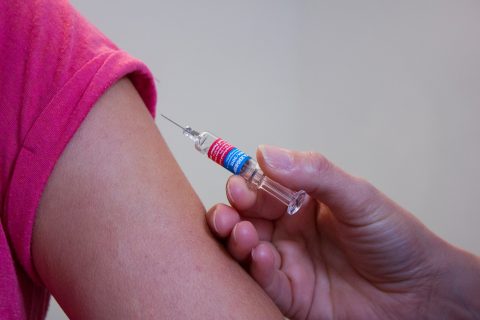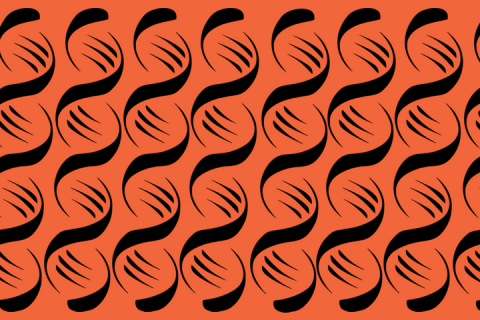Today, Holly Murray announces the new Python collection. The collection publishes articles describing new Python modules and libraries, as well as applications developed in Python.
Weekend lie-ins could be beneficial for our health, according to a study published in the Journal of Sleep Research. Not getting enough sleep could increase our risk of death, but lie-ins could counter the effect of short sleeps during the week, and this ‘catch up’ sleep could reduce the risk of early mortality. Considering this, we share our top three articles on sleep and circadian rhythms, and our usual top three articles for the month and our Hidden Jewels. Click on the images for full access to the recommendations.
Christian Ohmann discusses his research article on sharing individual participant data from clinical trials explaining the current challenges in sharing this data and what can be done to overcome these challenges. Sharing sensitive data Sharing detailed result data, as part of ‘open science’, is the norm in many scientific disciplines, but this has only recently…
The decrease in cost and increase in scale of biological data production and its diverse applications has changed life science research in recent years. Applied bioinformatics skills are now essential to successfully analyse data from high-throughput ‘omics instrumentation in many fields of biology. This has resulted in a need to upskill the life science workforce,…
Our June Faculty Member of the Month is Maria-José Molina Garrido, a Medical Oncologist and Head of Cancer in the Elderly Consultation at the Hospital General Virgen de la Luz in Cuenca, Spain. In this Q&A, she tells us more about her speciality in Geriatric Oncology, focusing on geriatric assessment and frailty in elderly cancer patients.
Veljko Veljkovic, Biomed Protection, and Slobodan Paessler, Galveston National Laboratory, have published articles on F1000Research in which they predicted the effectivemess of the flu vaccine in 2017/2018 and 2018/2019. In this guest blog they explain how they went about this and how accurate their predictions were.
In our work on the ELIXIR-EXCELERATE task ‘Capacity Building in Genome Assembly and Annotation’, we noticed a need for a document to help researchers get started with genome assembly and genome annotation. It is difficult to compare subjects in bioinformatics, but at least in my mind, genome assembly and genome annotation are among the most…
Late last year, we published the first Stage 1 Registered Report on F1000Research. Publishing Registered Reports is believed to increase the rigor around the scientific method, which supports reproducibility. We interviewed the lead author, Julius Emmrich, Charité, Germany and one of the article’s reviewers, Ádám Dénes, Institute of Experimental Medicine, Hungarian Academy of Sciences, to get an insight into their views on this way of improving experimental design.
Product Manger, João Peres, introduces one of the newest F1000Workspace features that could help alleviate some of the stress around those hair-raising moments when your files disappear. The new auto-backup feature means that you will always have a version of your work that you can always go back to.
This month we share the recommended research on depression as researchers’ genetic map for the mental health condition could pave the way towards new and improved therapies.

















